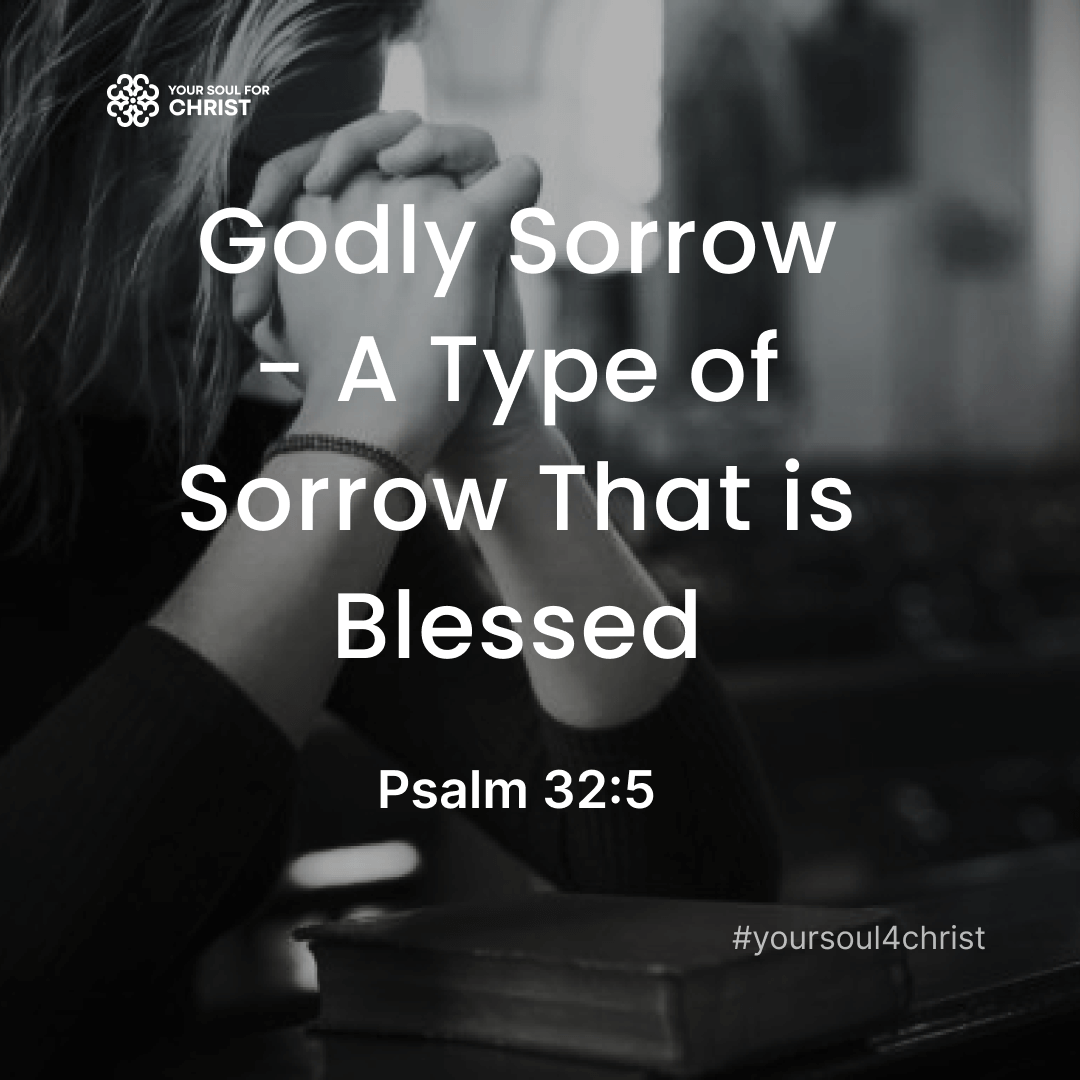I acknowledged my sin to You, and my iniquity I did not hide. I said, I will confess my transgressions to the Lord [continually unfolding the past till all is told]–then You [instantly] forgave me the guilt and iniquity of my sin. Selah [pause, and calmly think of that]!
Psalm 32:5 AMPC
Godly sorrow is not a vulgar, natural sorrow that a man may feel. It is the sorrow at the recollection and the sense of sin. It is not caused by the fear of the consequences of sin but at the realization and consciousness of turning away from God. Hurting the One in whom you have believed. It is the sorrow that causes brokenness at the unrighteousness in the world. Also, brokenness at the sin and decadence pervading the world and even the church. It is the lamentation for the people, for the inconsistencies in the character of the children of God.
This kind of sorrow weeps when the gospel of Jesus is watered down. It wails at the little progress in advancing the kingdom of God. It sorrows within from not being able to do much for the Lord. The godly sorrow that always longs to be with Jesus. To sometimes feel the need to be absent from the body and be with the Lord. It is a sorrow that takes comfort in the rod and staff of God.
Godly sorrow is the kind of sorrow that leads us to repentance and confession of our sins. It is the sorrow that comes from realizing the gravity of our sin and its effects on our relationship with God. This kind of sorrow leads us to a deep desire to turn away from our sin and turn toward God. Godly sorrow is different from worldly sorrow, which only leads to despair and hopelessness.
What Qualifies Godly Sorrow for Blessing?
To be comforted, our mourning for sin must meet certain qualifications. First, it must be spontaneous and free, like water from a spring. Tears must flow naturally, without force or coercion. Our sorrow must be spiritual, and we should mourn for sin more than for suffering. This means understanding sin as an act of hostility against God, resisting the Holy Spirit, showing ingratitude, and keeping us from communion with Him. This mourning should send us to God, just as the prodigal son returned to his father.
Our sorrow should be specific to each sin, as a general pardon requires particular repentance. It should be accompanied by hope, believing that though our tears fall to earth, our faith reaches heaven. We must loathe ourselves and our sin. Our mourning should purify us, like the waters of the Jordan River that cleansed Naaman’s leprosy.
We must hate sin and not merely avoid it. A true mourner hates even the slightest inclination towards sin, just as a dove hate even the single feather of a hawk. Our sorrow should lead to restitution, making amends to those we have wronged. It must be timely and not delayed. Finally, our mourning must be consistent and constant, a daily weeping and mourning that does not grow cold or freeze in times of prosperity.
Let us therefore, embrace godly sorrow and confess our sins to God, knowing that He is faithful and just to forgive us and cleanse us from all unrighteousness.




